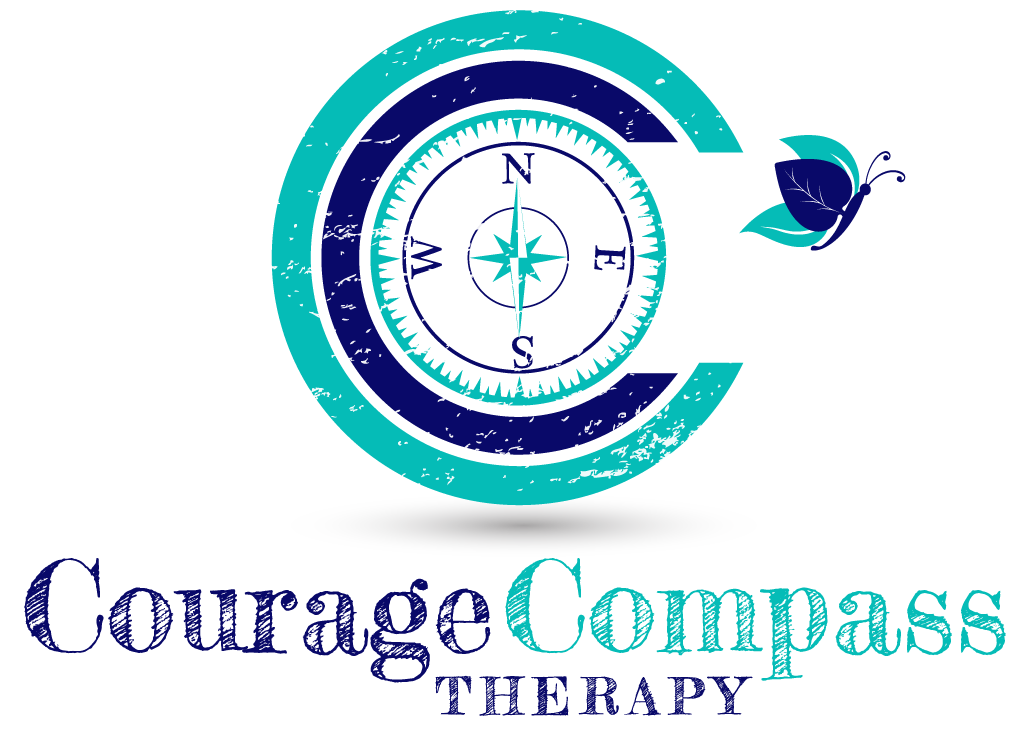Overanalysis + Misunderstanding - clarity= A big mess
Admit it- you sometimes analyze the hell out a text message exchange with your partner, the person you’re dating, or a friend. What does that even mean? Why did she say it that way? We react at lightning speed and defend something that wasn’t intended to be offensive.
Rationally, we know that texts do not convey sarcasm, intonation, or levity, and we can easily misconstrue a few words, but it doesn’t stop people from impulsively reacting. It doesn’t seem like the flying fingers know how to pause and ask for clarification before sending back an angry or defensive response. These few words can rapidly turn into a daylong text exchange with insults, passive aggressive delays in responding, or massive conflict.
Literally, from where I sit, text or email communication is replacing real time phone conversations or in-person resolutions of disputes. People ask me more about how to respond to a text or email than how to communicate in person with a loved one. Electronic communication norms, courtesy (or lack thereof), and culture are harming how we communicate in person. I have to admit it makes me sad, as part of my role is to help people strengthen their real live relationships.
First, let’s acknowledge that phones and computers to make connecting faster and easier. We never used to be able to get in touch with our friends and family, boyfriend or bae so immediately. It’s fun—there’s a rush in being able to carry on private and secret exchanges during an otherwise serious and mundane day.
It’s awesome and convenient until it turns ugly. Until not responding becomes a way of communicating in and of itself. You can never be unavailable, unless you’re over a certain age when you actually turn your cell phone off. There’s a veil of being busy, being in a meeting, being in surgery, being with a client, which sometimes can be an acceptable excuse, depending on your profession.
unintended Consequences and vulnerability avoidance
Ok, now that that is out of the way, let’s talk about what this does to in person communication. When we are having a live conversation, there is a ton more vulnerability. You don’t have five minutes to craft a snarky, cute, sexy, or sarcastic remark to simultaneously craft an image of whom you think you should be, or the ideal way you’d like to be perceived. You need to think on the spot, and you may not know what to say. You naturally resist this feeling of vulnerability, so you avoid it. You may pretend everything is fine, or there is a mutually silent agreement to not bring up vulnerable things in person. This is not connection. This is enabling distance to grow in your relationship like a cancer.
Vulnerability leads to feeling exposed, and opens us up to risk of in person conflict, disappointment, hurt, or pain. We rarely assume a positive outcome from in person exchanges and thus avoid showing up LIVE in our relationships. Brené Brown defines vulnerability as uncertainty, risk, and emotional exposure. Raise your hand if you think that sounds fun. Ok, no hands. But hear/read this: her research also shows that vulnerability is the birth place of love, joy, and connection. Crickets. Yeah, it’s a tough realization.
As humans, we love to seek pleasure and avoid pain. Stepping into risk, uncertainty and emotional exposure seems like a huge jump into pain, and the opposite of our instinct to avoid it. Thus understanding how wading into vulnerability is an important step to getting the things we really want more of in our lives is the first step to doing it. Embracing vulnerability as courage and not weakness is one of the very first things to wrap your mind around, and can take some self-exploration into where the messages came from that drive your beliefs about vulnerability being weakness.
Preparing to show up live in our relationships
So how does that work?!?
Here are five things we need to do to show up LIVE in our relationships when it’s risky, uncertain, and probably emotionally exposed.
1. We have to get really self-aware. We need to be mindful of our emotions so we’re able to respond versus react.
2. We need to be accountable to ourselves and others to say what we mean and mean what we say.
3. We need to be able to tolerate the discomfort of uncertainty
4. We need to be able to tolerate not having control of the other person’s reaction to what we’re saying
5. We need to know what it feels like to be brave and afraid at the same time.
If you’re still skeptical of this showing up LIVE stuff to your relationships, I’ll leave you with this: “I think being vulnerable feel dangerous and I think it feels scary, and I think it’s terrifying… But I don’t think it’s as dangerous, scary or terrifying as getting to the end of our lives and wondering, what if I would have shown up?” –Brené Brown


